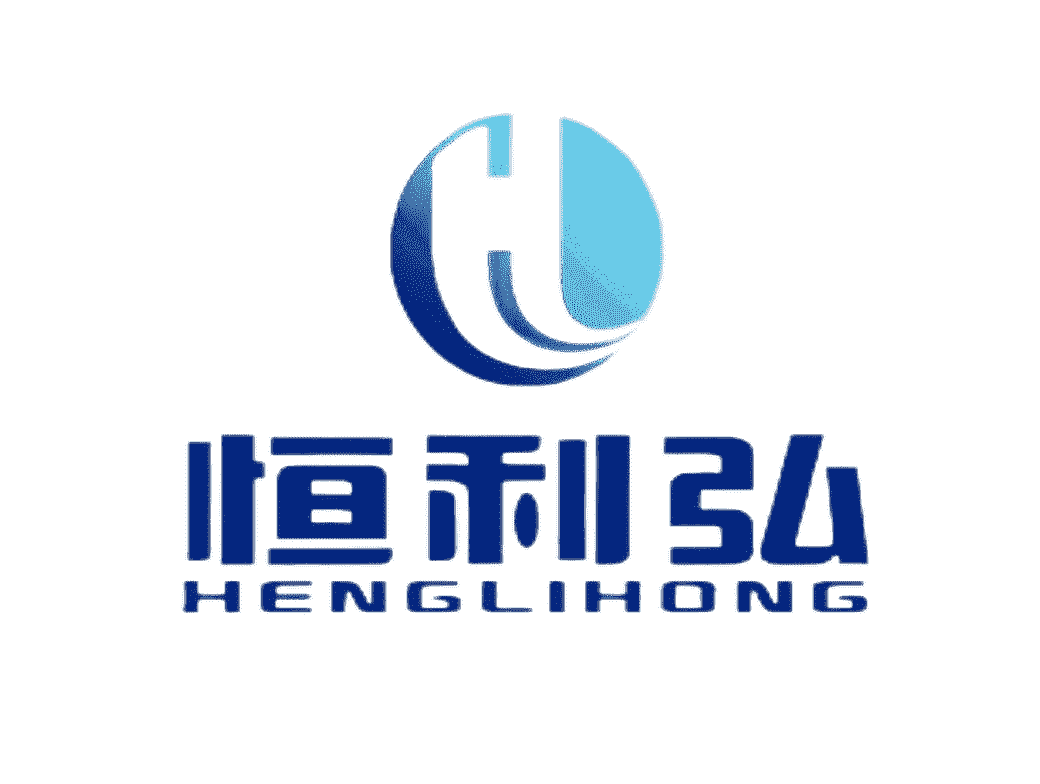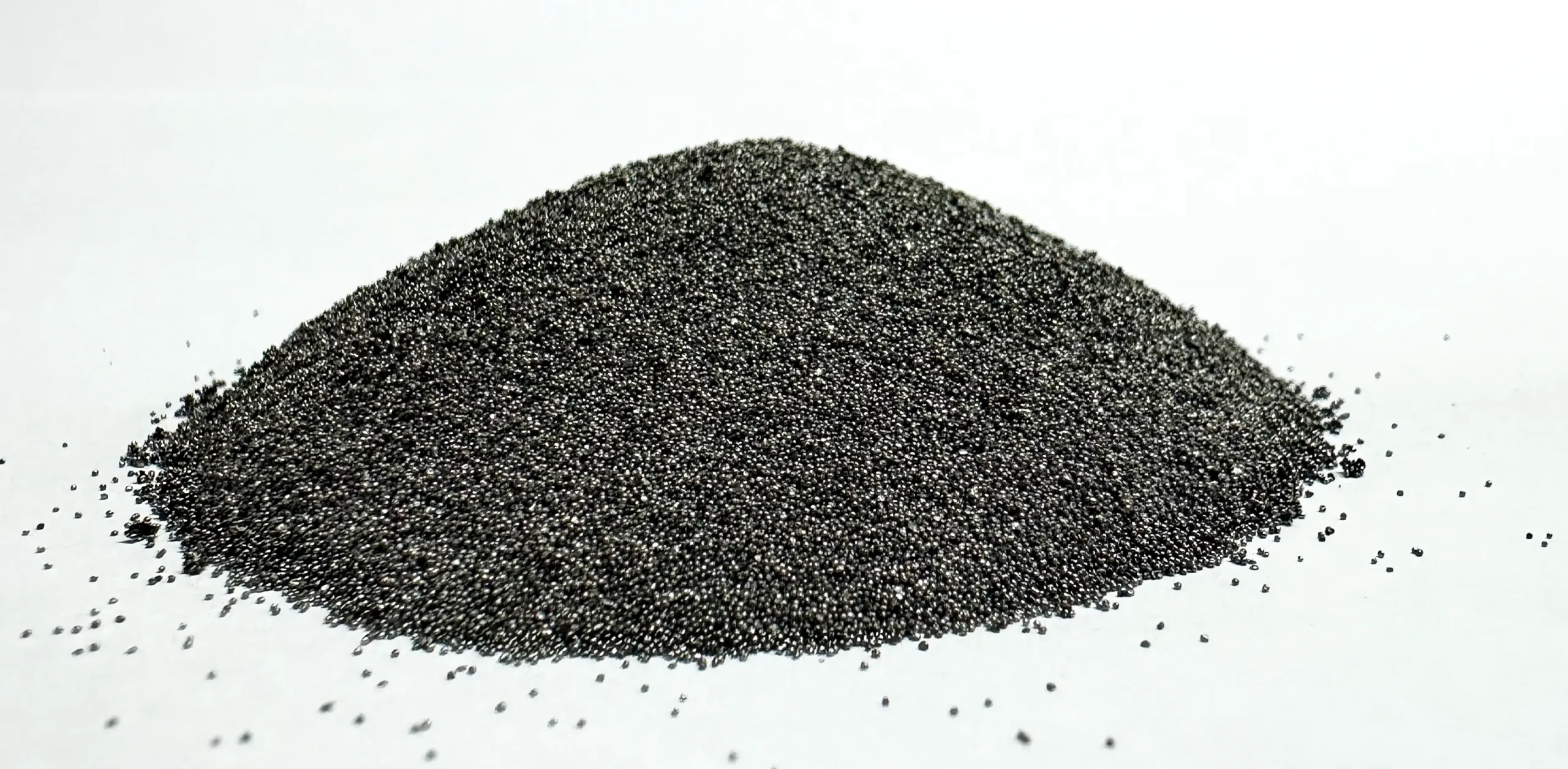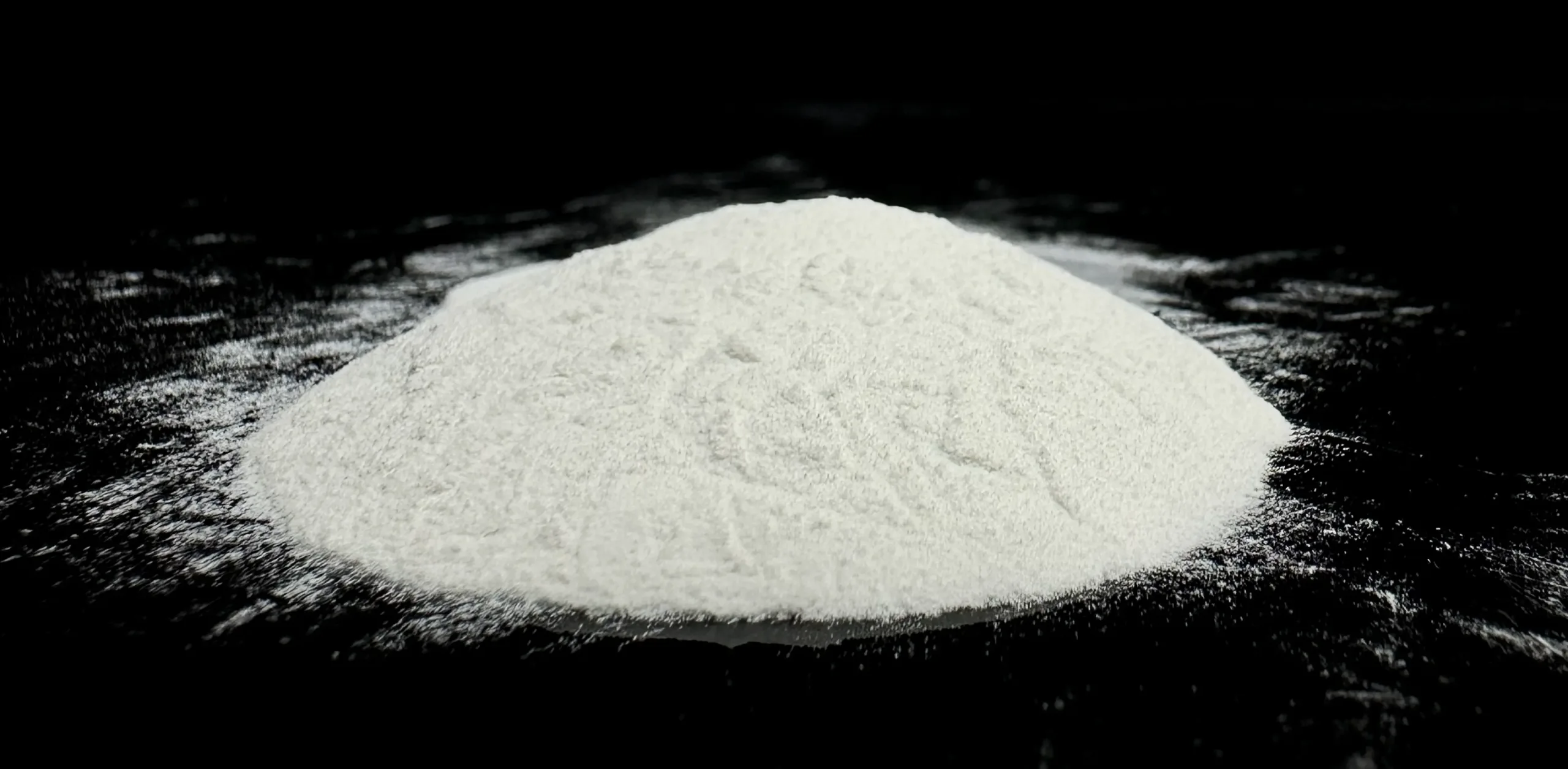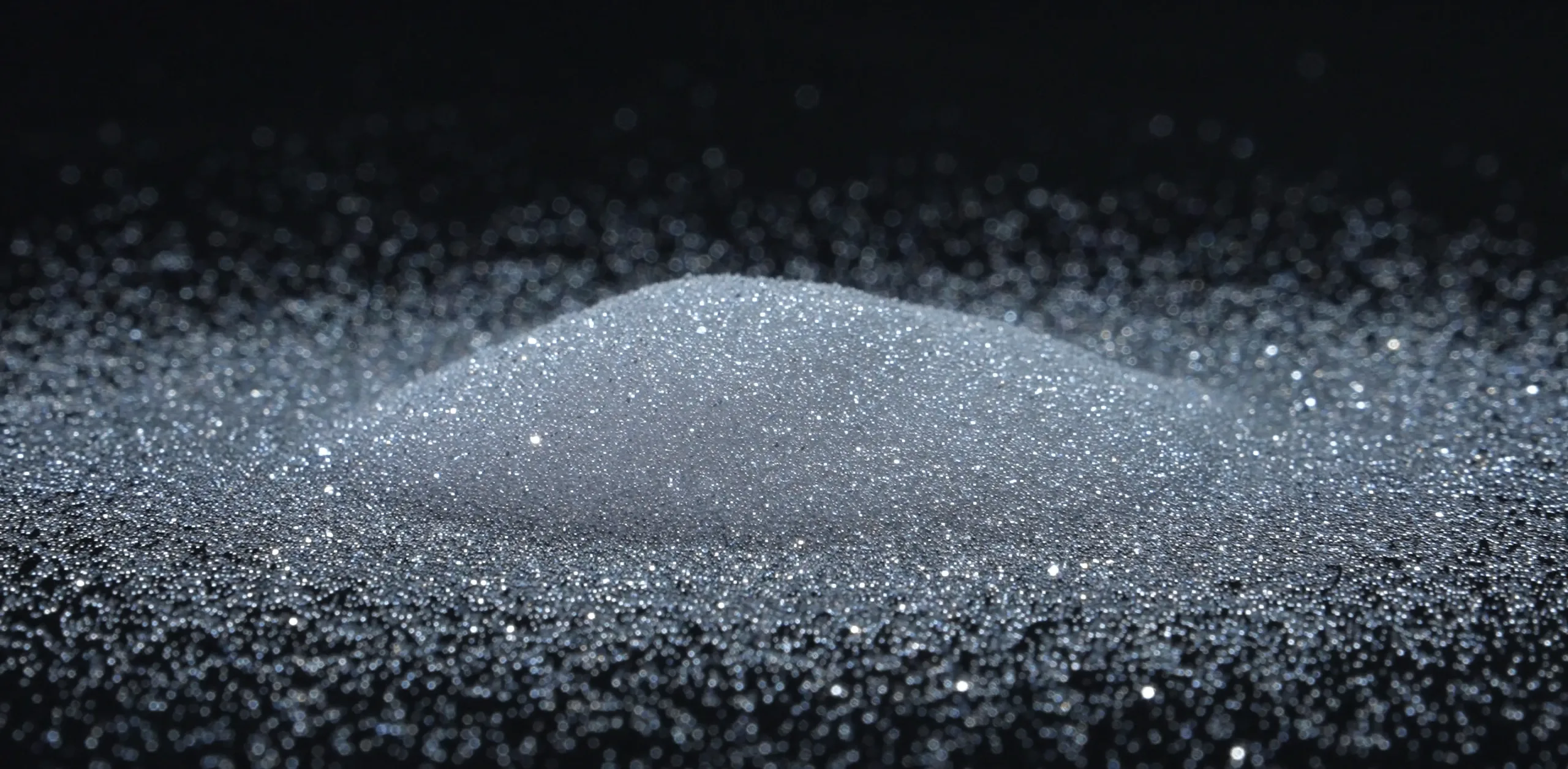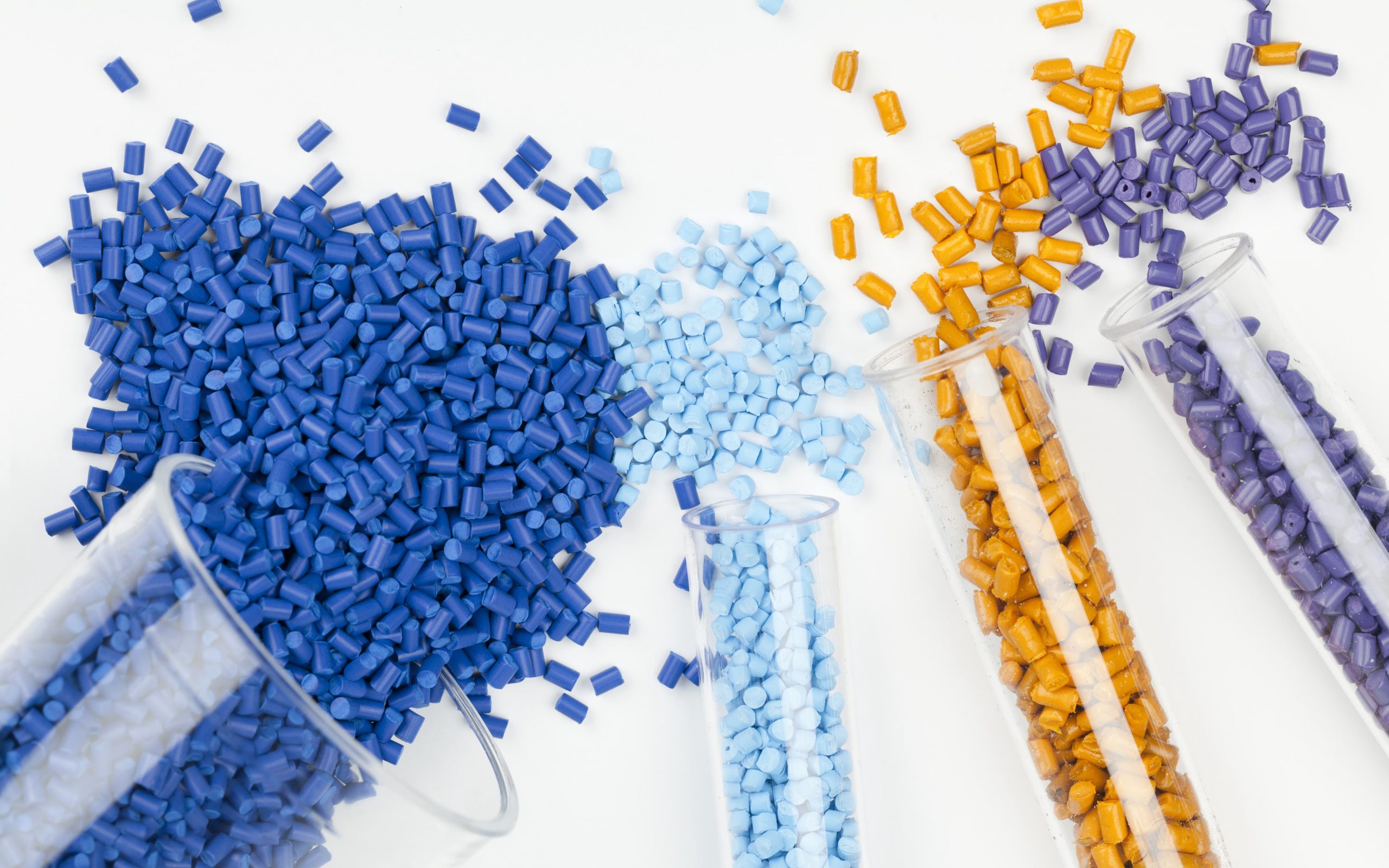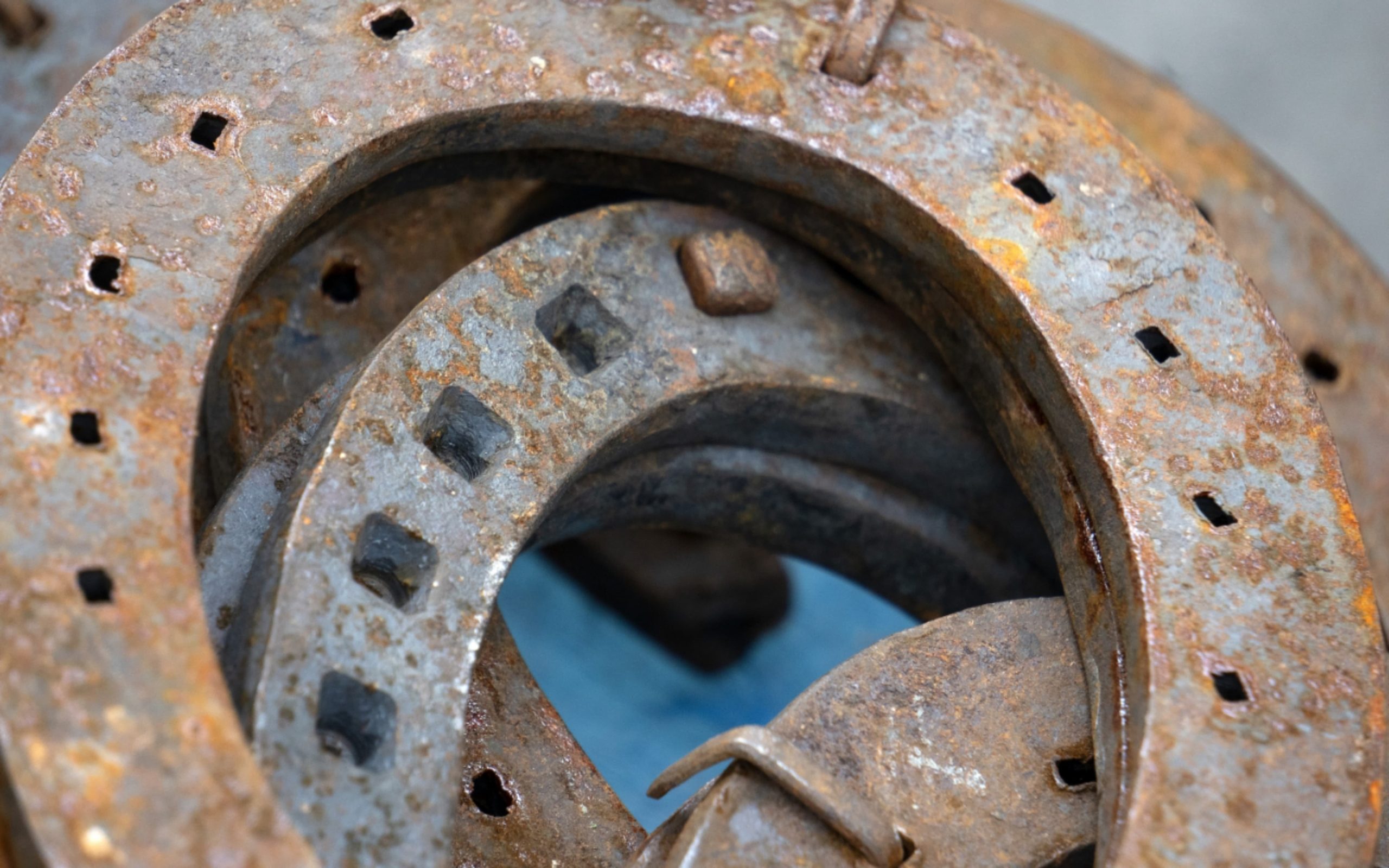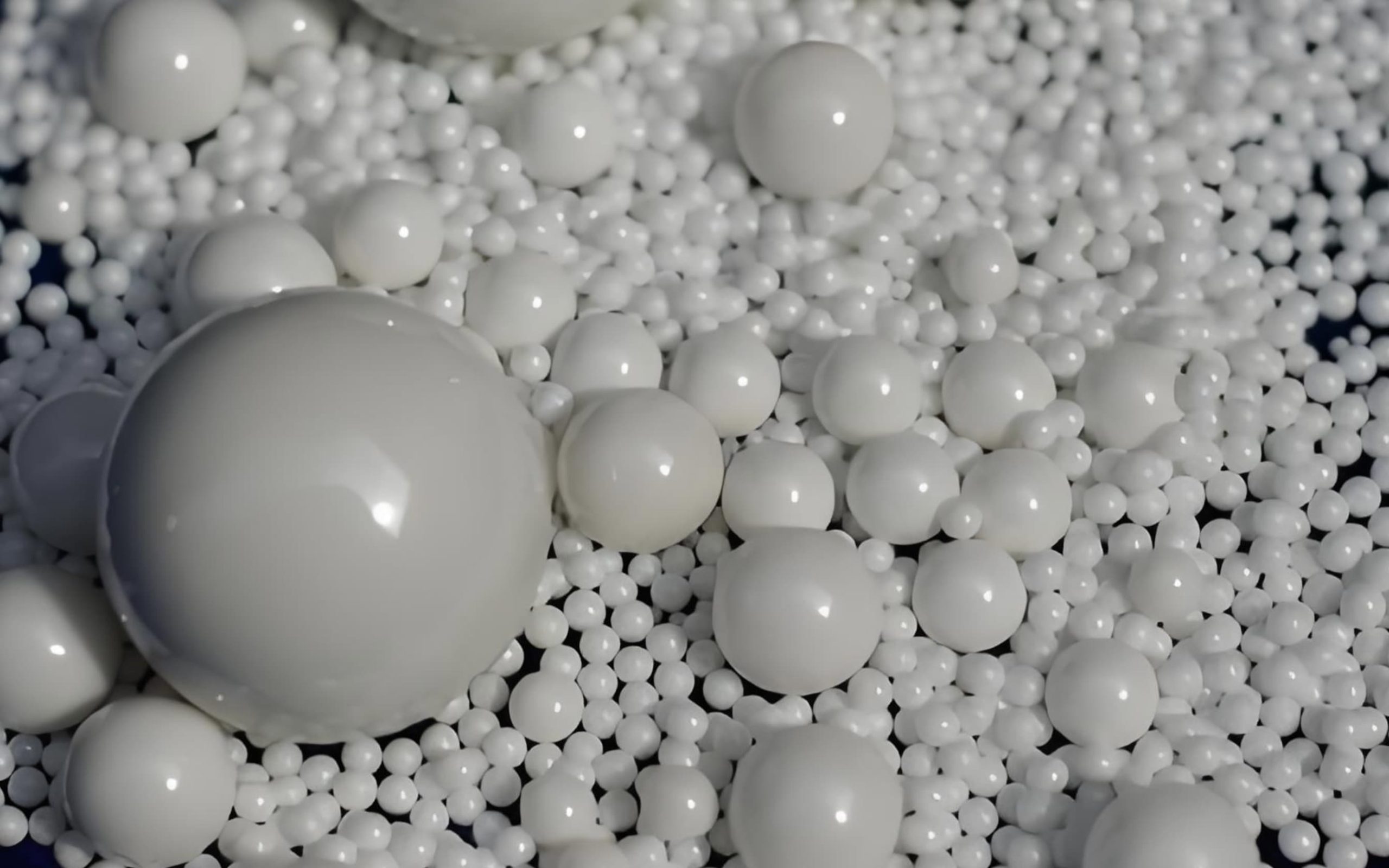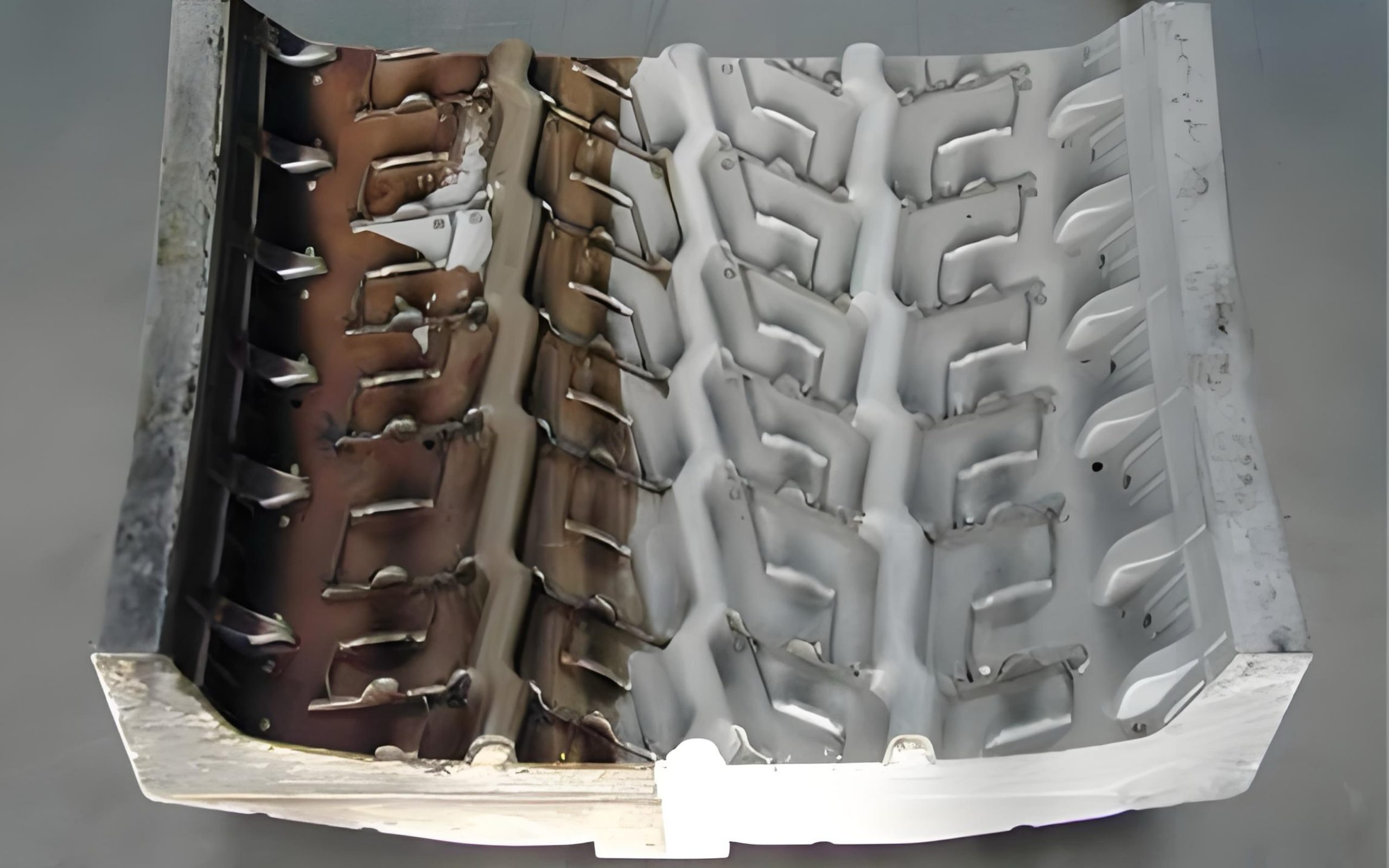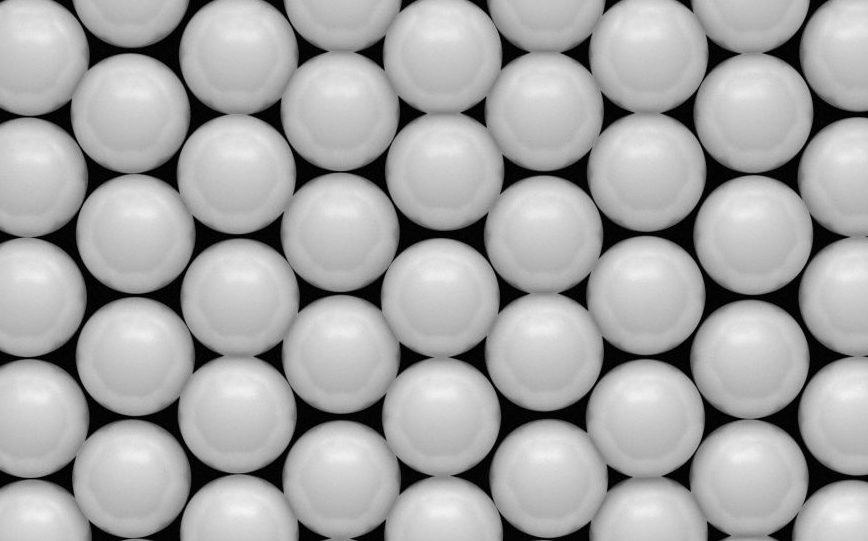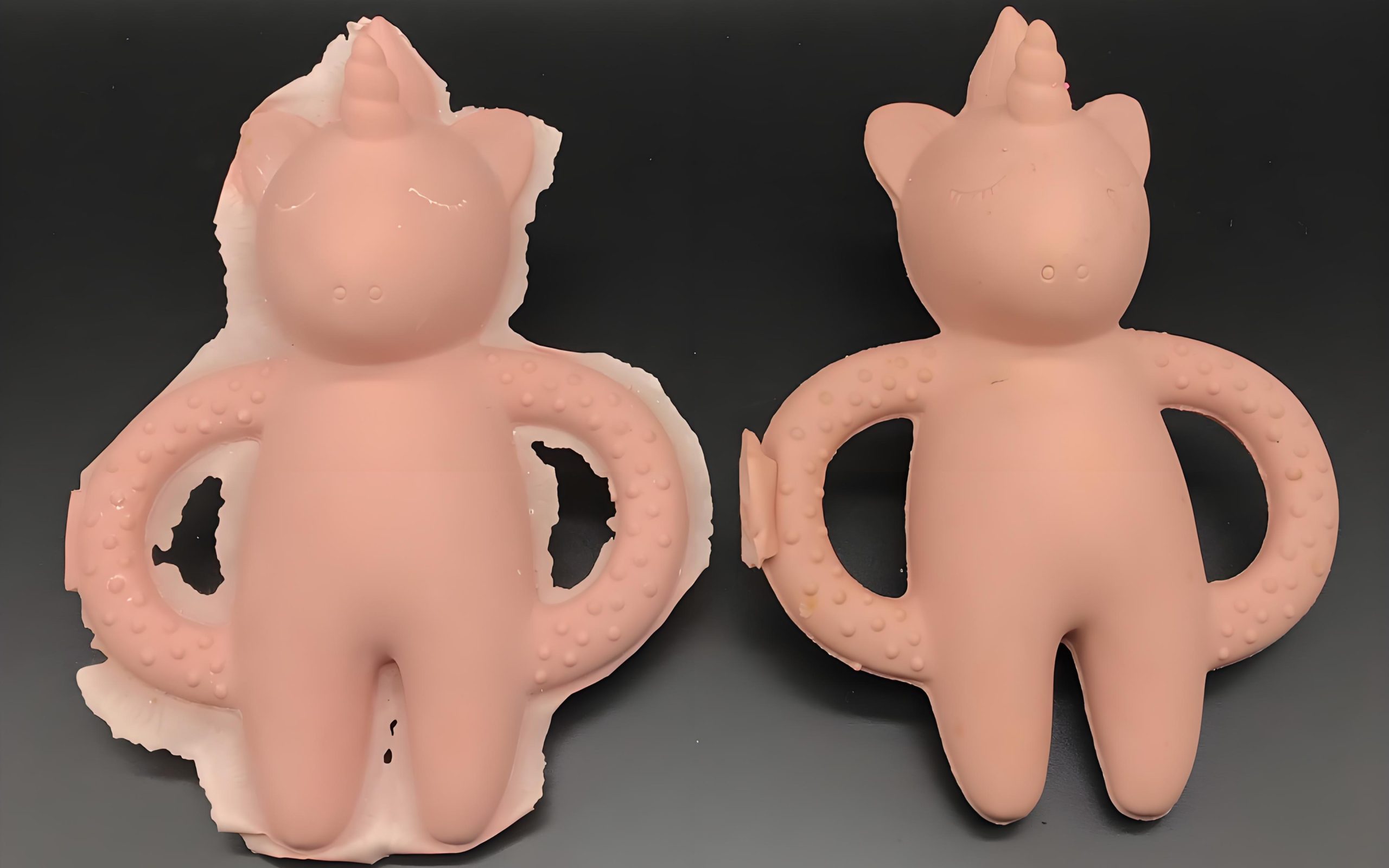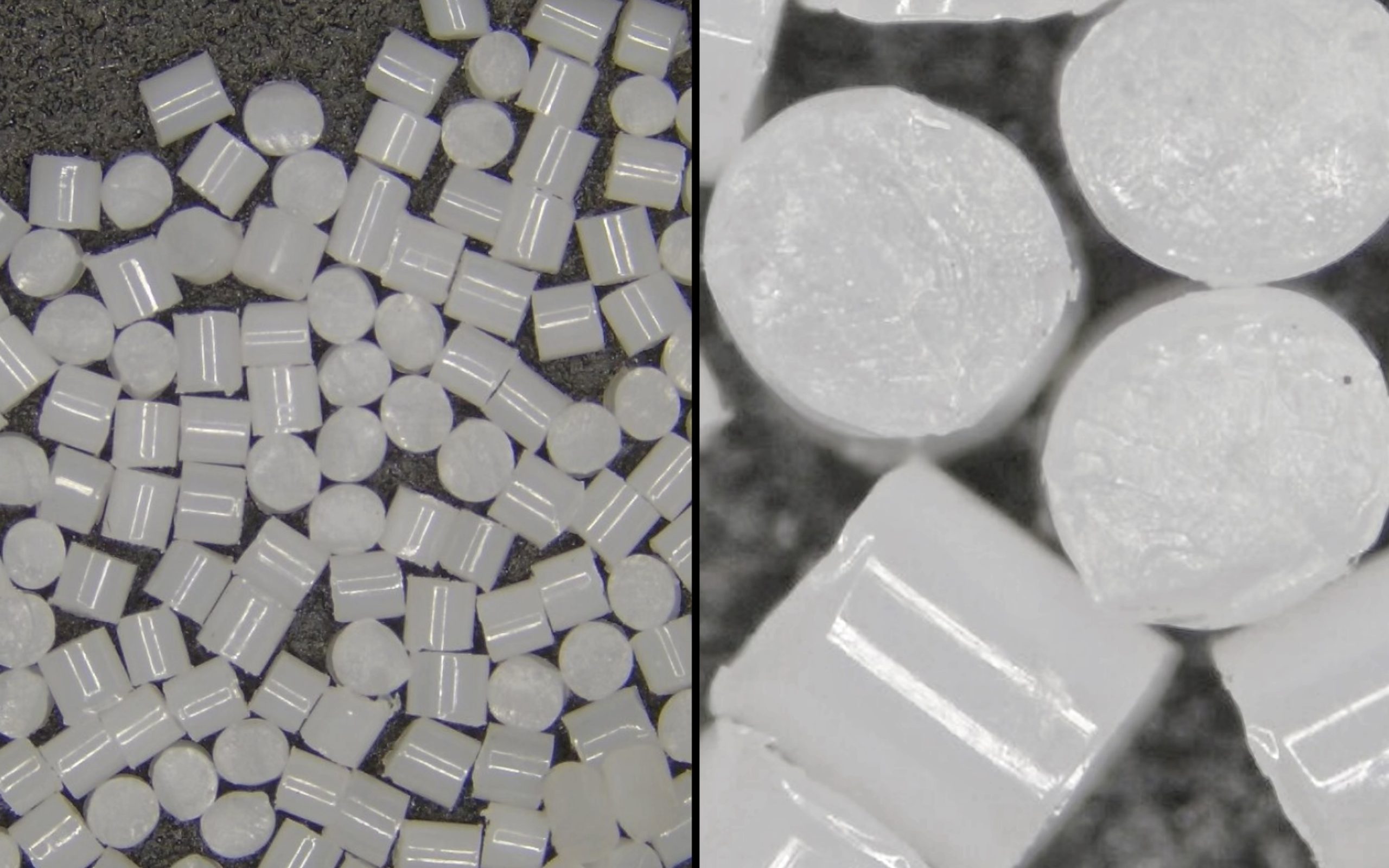How to clean precision instruments with plastic media
September 11, 2024
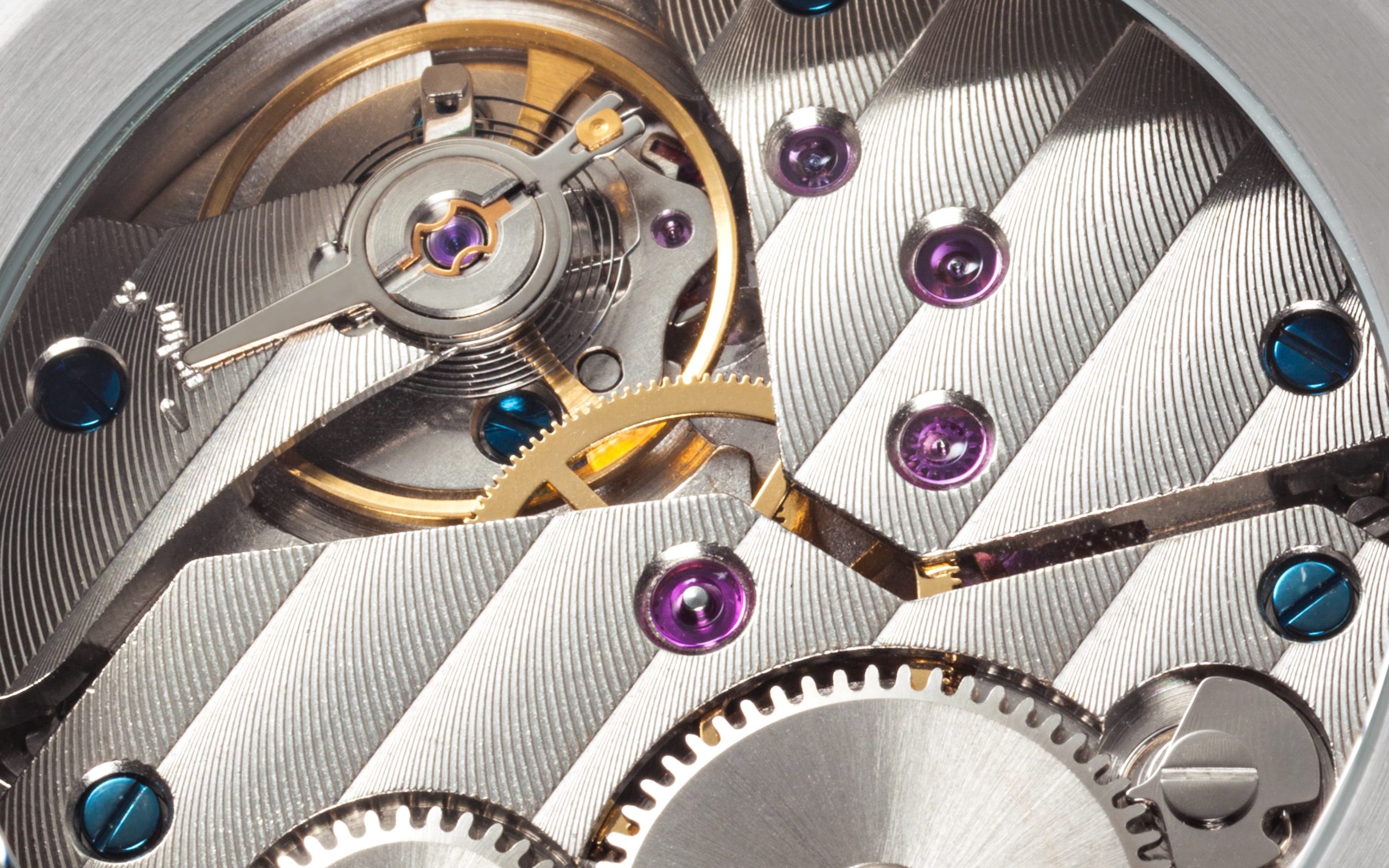
Precision instruments play a vital role in modern industry, medical treatment, aerospace and other fields. Whether in the operation of high-precision mechanical equipment or in the surgical process, the reliability and performance of precision instruments are directly related to the operation effect of the entire system. In order to ensure the long-term stability and accuracy of these instruments, maintenance and cleaning work are particularly important. However, due to the complex structure and sensitive surface of precision instruments, traditional cleaning methods are often difficult to effectively remove dirt and may cause damage to the instruments. In this context, nylon polyamide deflashing media provides an efficient and non-destructive cleaning solution with its unique physical and chemical properties. This article will explore the basic concepts, application advantages, specific operation procedures and practical applications of this plastic media blasting in the maintenance of precision instruments to help you understand its practical application value.
Basic Concepts
Nylon polyamide deflashing media is a medium with nylon polyamide 6 as the main material, mainly cylindrical and hexahedral shapes, and the main colors are translucent milky white, yellow, red, and green. You can choose according to the color of the pre-treated workpiece. The medium has good mechanical properties and chemical stability, and is often used to remove burrs, dirt, fine particles and other unnecessary substances from the surface of workpieces.
- Elasticity and softness: Nylon polyamide deflashing media has excellent elasticity and softness. It can be made into various shapes and sizes to meet different cleaning needs, especially in scenarios where delicate treatment of precision parts is required.
- Wear resistance: High wear resistance ensures that the plastic medium can maintain good cleaning effect after multiple uses, reducing the frequency of medium replacement and saving the overall operating costs of the enterprise.
- Chemical stability: Nylon polyamide 6 has good tolerance to a variety of chemicals and cleaning agents, is not easy to react or degrade, and performs well in various high temperature, high humidity and high corrosive working environments.
Challenges in maintaining and cleaning precision instruments
- Complex structure and sensitive surface
Precision instruments usually have complex structures and delicate surfaces, which makes cleaning work extremely difficult. The delicate parts inside the instrument and the sensitive surfaces outside require the cleaning medium to not only effectively remove dirt, but also ensure that no damage is caused to the instrument during the cleaning process.
- Common dirt types
- Tiny particles: such as dust, metal chips, etc., which are often embedded in the surface or inside of the instrument and are difficult to remove.
- Oxides: such as rust or other metal oxides, these substances not only affect the appearance of the instrument, but may also affect its performance.
- Grease and chemical dirt: such as lubricating oil or chemical residues, usually require special cleaning agents to deal with.
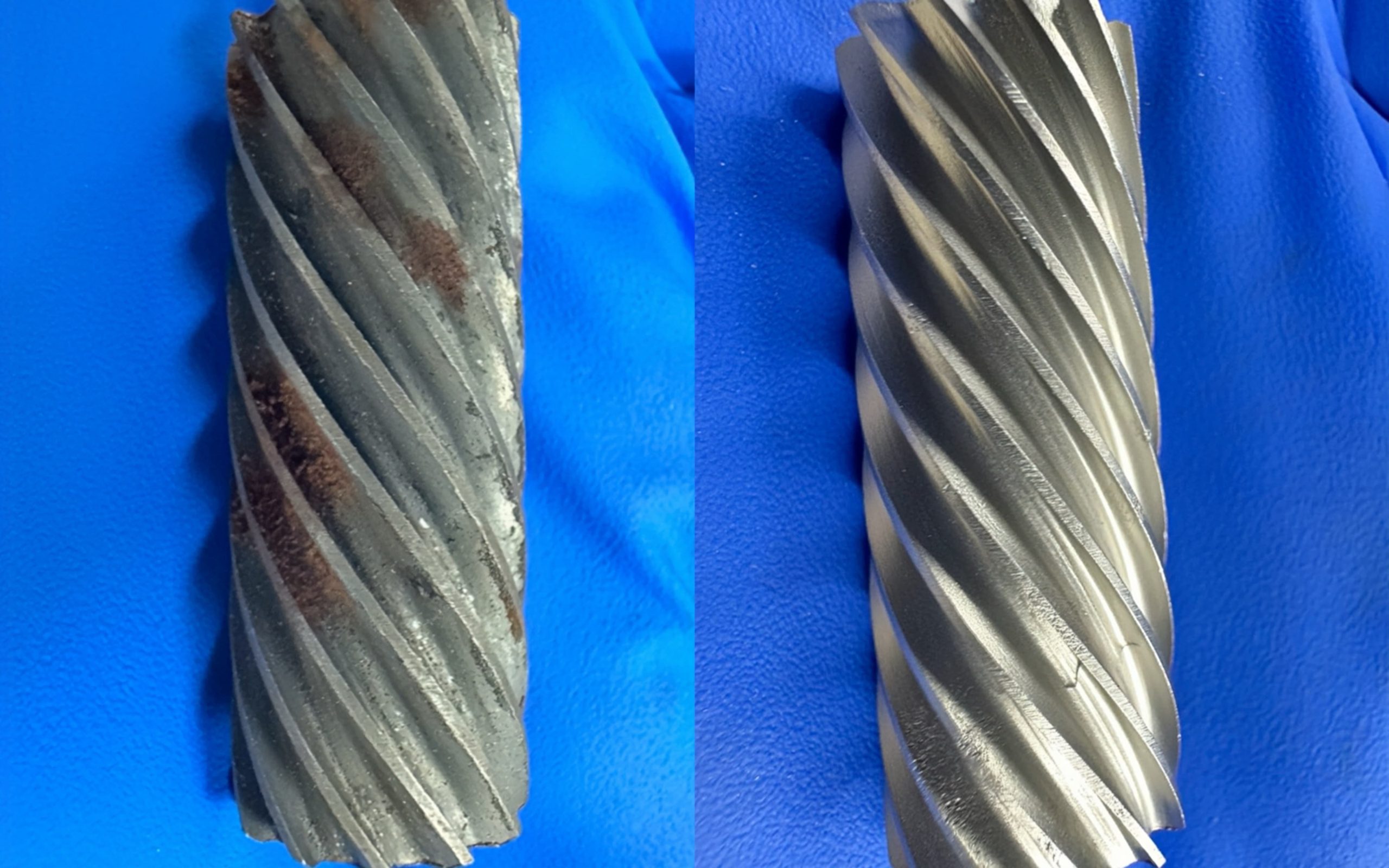
Before and after removing dirt and burrs
- Limitations of traditional cleaning methods
- Damage to the surface of the instrument: Traditional cleaning methods, such as mechanical brushing and chemical cleaning, often have the problem of incomplete cleaning or damage to the surface of the instrument. For example, mechanical brushing may scratch the precision surface, while chemical cleaning agents may corrode certain materials.
- Incomplete cleaning: Some traditional methods are difficult to remove fine particles and hidden dirt, resulting in poor cleaning results.
- Application advantages of nylon polyamide deflashing media
- Non-destructive cleaning
Nylon polyamide deflashing media are light and soft, allowing them to treat the surface of precision instruments gently during the cleaning process, avoiding scratches and wear that may be caused by traditional brushing methods. Its soft fibers can effectively remove dirt while maintaining the integrity and smoothness of the instrument surface.
- High wear resistance and long life
Due to the high wear resistance of nylon polyamide, the deflashing media can maintain good cleaning effects after long-term use. Compared with other media, nylon polyamide deflashing media has a lower replacement frequency, which reduces maintenance costs.
- Excellent chemical stability
Nylon polyamide deflashing media performs well in the face of various chemicals. Its excellent chemical stability means that it can be used with a variety of cleaning agents and solvents without reaction or degradation, which makes it useful in a variety of cleaning environments.
- Low dust generation
Traditional cleaning media will generate a lot of dust during operation, causing secondary pollution and affecting the health of workers. In contrast, nylon polyamide deflashing media generates less dust, which helps to keep the working environment clean and reduce the impact on other equipment and workers.
Cleaning operation process
- Preparation
- Check the equipment and cleaning environment: Make sure the cleaning equipment is in good condition and the cleaning environment meets safety and hygiene standards.
- Choose the right size, shape and color: Choose the right media specifications according to the type of equipment to be cleaned and the dirt situation; cylindrical particles are usually used to provide a milder deflashing effect and are suitable for fine surface treatment, while hexahedral particles are more suitable for workpiece surfaces that require higher removal efficiency because their edges and corners can generate stronger friction; nylon polyamides of different colors can help users easily distinguish the types of media in mixed or multi-step processes and improve operating efficiency.
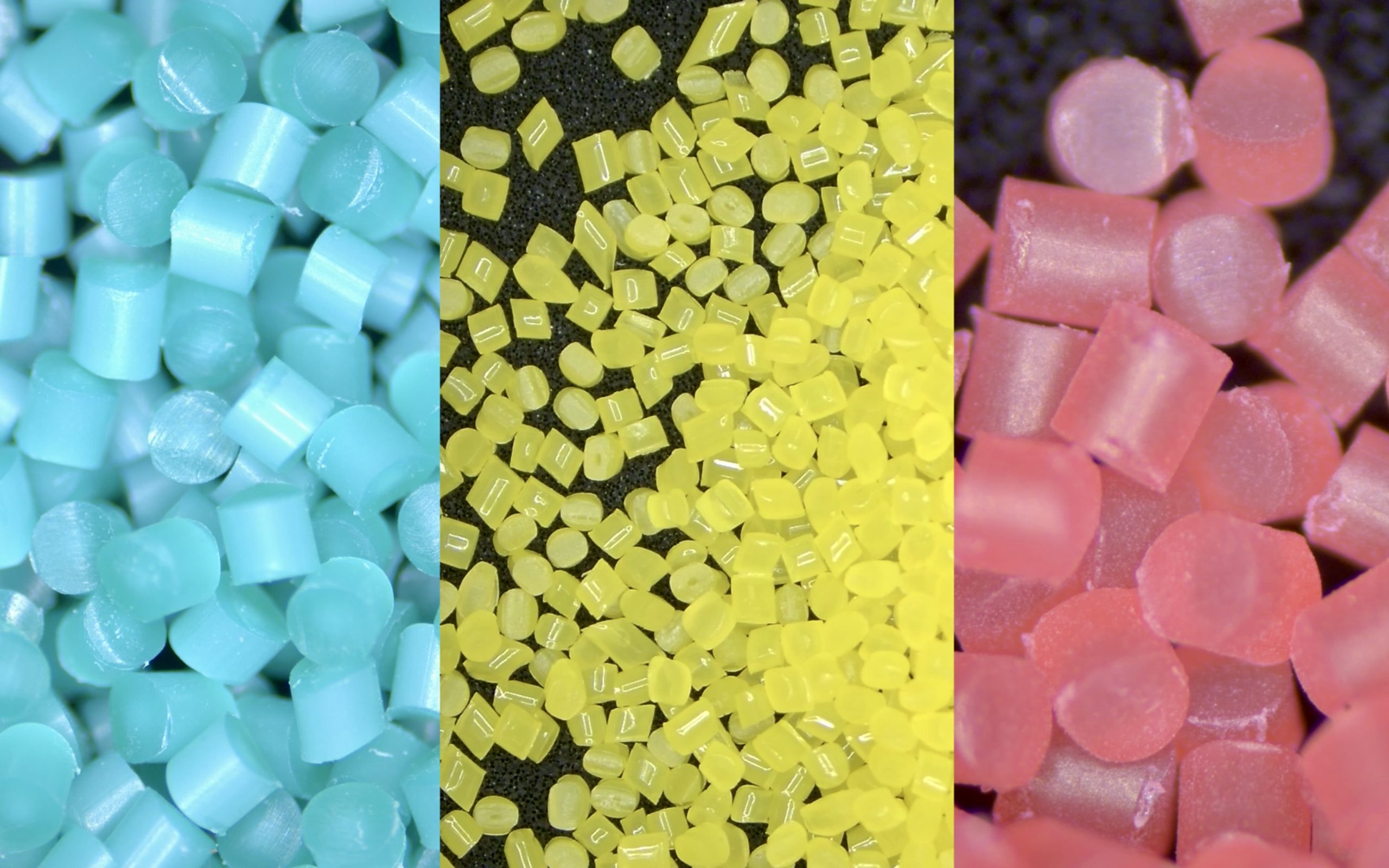
HLH produces bright colors that can be easily distinguished
- Cleaning steps
- Specific operation of the cleaning process: Select processes such as sandblasting and vibration deflashing according to the cleaning requirements. In the sandblasting process, the medium removes surface dirt through high-pressure spraying; the vibration deflashing process uses a vibrating device to make the medium contact with the surface of the instrument to achieve the effect of removing burrs.
- Precautions: Ensure the fluidity and spray angle of the medium to ensure uniform cleaning effect. In addition, regularly check the wear of the medium during the cleaning process and replace it if necessary.
- Maintenance of instruments after cleaning
- Inspection and surface integrity detection of the instrument: After cleaning, check whether there is any damage or abnormality on the surface of the instrument and ensure that it functions normally.
- Recycling and reuse of cleaning media: Collect used nylon polyamide deflashing media, and perform necessary cleaning and recycling to reduce waste.
- Supplementary instructions
- Choose the appropriate media size to match the equipment: Ensure that the size and shape of the media match the cleaning equipment to achieve the best cleaning effect.
- Avoid excessive cleaning: Cleaning should be performed according to actual needs to avoid surface damage to the equipment.
- Regular maintenance of cleaning equipment: Regularly inspect and maintain cleaning equipment to ensure its normal operation and cleaning effect.
Industry application
Automotive industry
- Background: For example, engine cylinders, pistons, crankshafts and other parts may produce burrs after processing. Nylon polyamide deflashing media can be used to remove burrs, flash and other defects on the surface of parts during the production and processing of automotive parts. Processing can improve the surface quality of parts, ensure precise matching between parts, reduce friction and wear, and thus improve the overall performance and reliability of the car.
- Effect: After being treated with nylon polyamide deflashing medium, the surface roughness of automotive parts can be reduced to Ra0.2 – Ra0.4 microns, and the dimensional accuracy can be controlled within ±02 mm, which effectively improves the assembly accuracy and service life of parts.
Electronics industry
- Function: For precision parts in electronic equipment, such as chip packaging shells, printed circuit boards (PCBs), etc., nylon polyamide deflashing media can gently and effectively remove tiny burrs and impurities on their surfaces. This helps to improve the electrical performance and reliability of electronic components, prevent short circuits and leakage caused by burrs, and ensure the normal operation of electronic equipment.
- Effect: According to the quality inspection report of an electronic manufacturing company, the burr height on the surface of the chip packaging shell after treatment can be reduced to less than 0.01 mm, and the surface flatness of the PCB board is improved, so that the insulation resistance between the lines is increased to more than 1000 megohms, which greatly reduces the failure rate of electronic equipment.
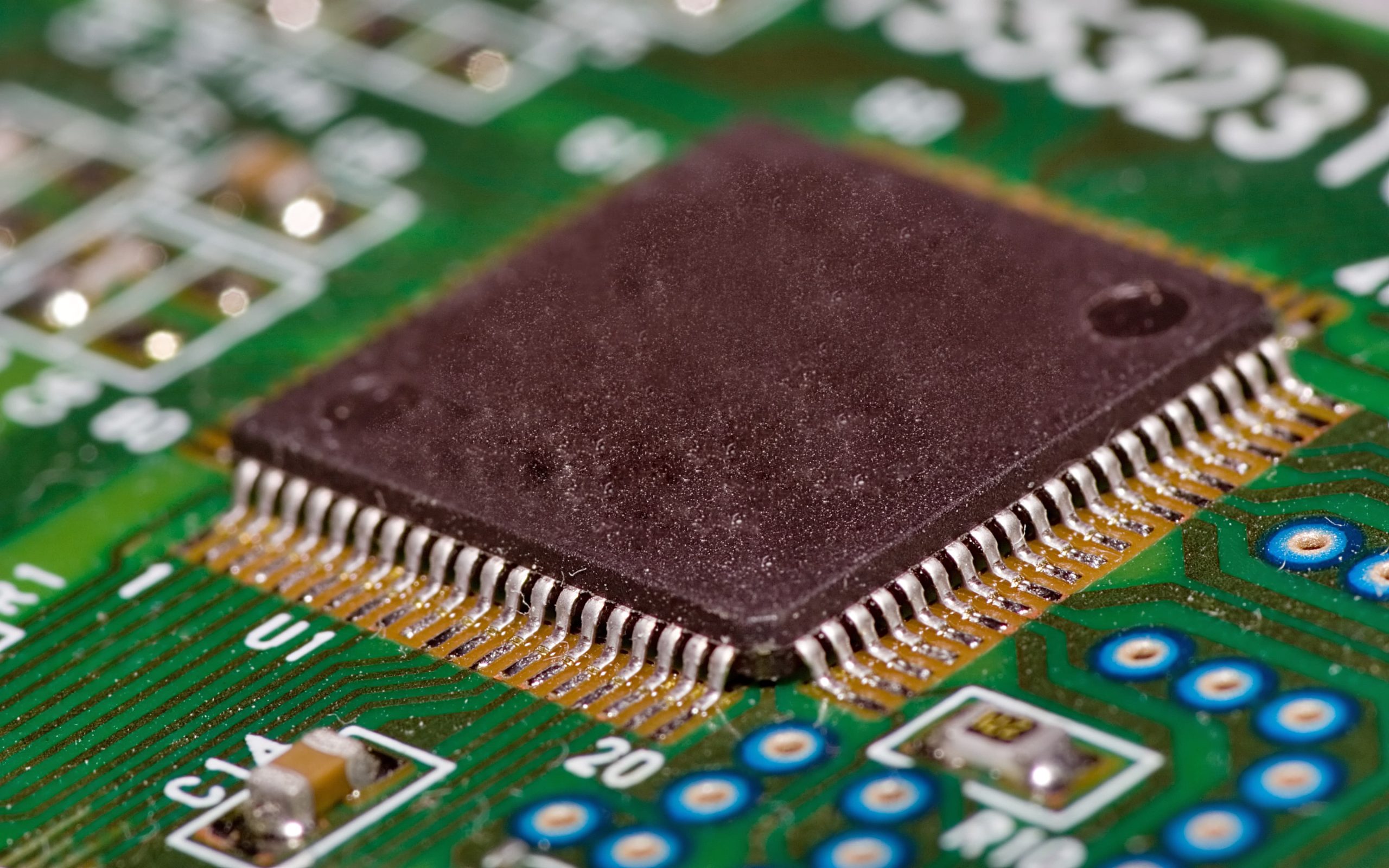
There are burrs, dust, and dirt on the chip surface
Aerospace industry
- Function: In the manufacture of aerospace parts, nylon polyamide deflashing media is used to process aircraft engine blades, landing gear parts, satellite parts, etc. It can remove tiny burrs and flaws on the surface of these key parts, improve the surface quality and fatigue strength of the parts, and ensure the reliability and safety of the parts under extreme working environments (high temperature, high pressure, high vibration, etc.).
- Effect: According to experimental data from aerospace material research institutions, after treatment, the surface roughness of aircraft engine blades is reduced to Ra0.1-Ra0.3 microns, and the fatigue life of landing gear parts is increased by more than 30%, providing a strong guarantee for the safe operation of aerospace equipment.
Medical device industry
- Function: In the production of medical devices, nylon polyamide deflashing media can be used to process precision parts such as surgical instruments and implants. It can ensure the smoothness and cleanliness of the instrument surface, reduce the risk of bacterial growth, improve the compatibility of implants with human tissues, reduce the possibility of patient infection, and ensure the accuracy and reliability of the instrument.
- Effect: According to the test data of the Medical Device Quality Inspection Center, the bacterial adhesion rate on the surface of the surgical instruments after treatment was reduced by more than 80%, the surface roughness of the implant reached Ra0.2 – Ra0.3 microns, and the compatibility with human tissue was significantly improved.
Advantages and limitations
Advantages
- Non-destructive cleaning: soft and delicate, non-destructive cleaning of precision instruments ensures the integrity and performance of the instruments.
- Efficient and economical: fast and efficient deburring and dirt removal, saving time and labor costs, and improving work efficiency.
- Environmental protection requirements: plastic manufacturing cost is low, recyclable, less dust, and meets environmental protection requirements.
Limitations
The treatment effect on extremely hard and thick dirt is limited, and it may not be completely removed, and it needs to be combined with other cleaning media.
Technological development trend
Technological progress of the medium itself
- Higher performance: Develop nylon polyamide materials with higher wear resistance, stronger cleaning ability and better chemical stability to further improve the service life and cleaning effect of deflashing media.
- Customized design: Customized media are developed according to the specific needs of different industries and precision instruments, such as specially shaped media designed for instruments of specific shapes to improve the pertinence and efficiency of cleaning.
- Intelligent application: Combine sensor technology and automation equipment to achieve real-time monitoring and control of the cleaning process to ensure the consistency and stability of the cleaning effect. For example, the wear degree of the medium is detected by the sensor, and the cleaning parameters are automatically adjusted or the medium is reminded to be replaced.
Combined application with other cleaning technologies
- Ultrasonic cleaning: Combining nylon polyamide deflashing media with ultrasonic cleaning technology can further enhance the cleaning effect by using the cavitation effect of ultrasonic waves. Ultrasonic waves can generate tiny bubbles in liquids, which release powerful energy when they burst, helping to remove stubborn dirt and impurities. For example, when cleaning precision instruments with complex shapes, using nylon polyamide deflashing media for preliminary cleaning and then ultrasonic cleaning can achieve better cleaning results.
- Plasma cleaning: For some precision instruments with special surface requirements, such as electronic components that require extremely high cleanliness and surface activity, plasma cleaning technology can be combined. Plasma cleaning can remove organic pollutants and oxides on the surface, while improving the hydrophilicity and adhesion of the surface. Plasma cleaning after basic cleaning with nylon polyamide deflashing media can further improve the surface quality and performance of the instrument.
- Solvent cleaning: For some precision instruments containing grease and chemical dirt, you can first soak or rinse with a suitable solvent to remove most of the dirt, and then use nylon polyamide deflashing media for fine cleaning. This can reduce the wear and consumption of the medium and improve the cleaning efficiency.
In summary, nylon polyamide deflashing media brings innovative and efficient solutions to the maintenance and cleaning of precision instruments. It plays an important role in many industries with its unique performance, ensuring the accuracy and reliability of the instrument while meeting environmental protection requirements. Looking to the future, with the continuous advancement of technology, it will continue to optimize and upgrade, combined with more advanced technologies, to provide a more perfect solution for the cleaning of precision instruments, and help various industries move towards higher quality development.


